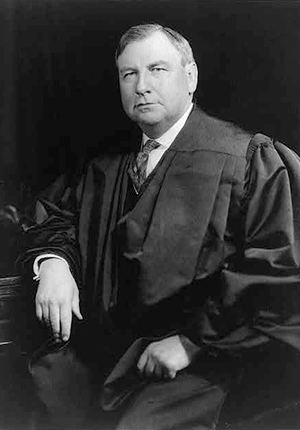Summary
The United States indicted Carolene Products Co. for shipping a product violating the 1923 Filled Milk Act, which criminalized the interstate shipping of compounds of skim milk with any non-milk fat or oil. Carolene Products contended that this law violated the Fifth Amendment’s Due Process Clause because, it argued, the law unreasonably interfered with its business and was intended to protect established milk producers. The Supreme Court upheld the Act using the rational-basis test, saying that the law was rationally related to public health and safety. One of the most well-known parts of this opinion is “Footnote 4,” in which Justice Stone wrote that that Court would apply stricter standards of review to laws that targeted “discrete and insular minorities.” This footnote influenced the Court in its subsequent development of the standard of review today known as “strict scrutiny.”







